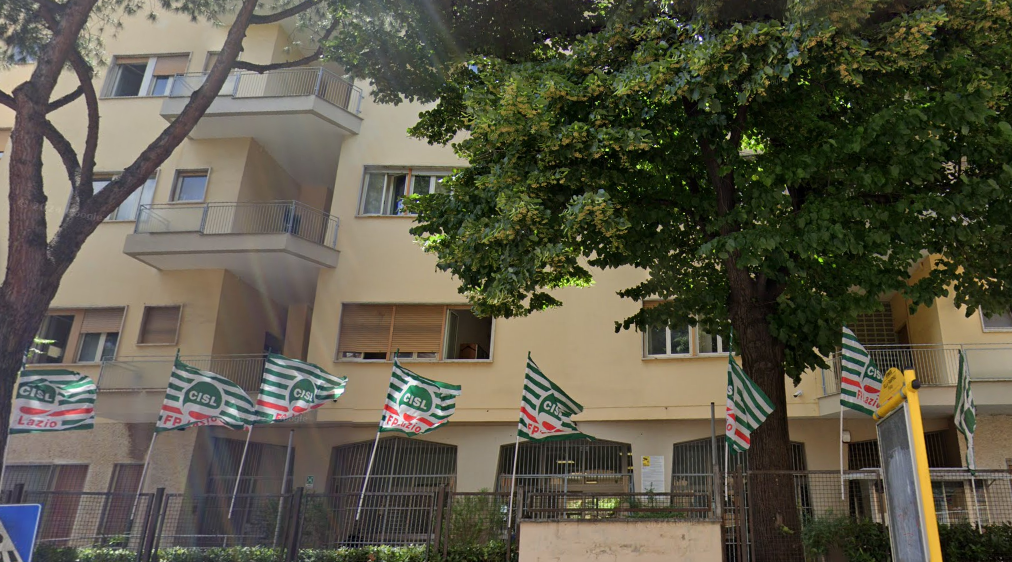Vatican’s Real Estate Deals Raise Controversy
The recent Vatican real estate transactions have sparked a new debate, casting doubt on its integrity. The acquisition of three properties in the upscale Roman neighborhood of Monteverde near Villa Doria Pamphili has raised concerns about possible exploitation.
These properties were allegedly bought to expand the papally-sponsored pediatric hospital Bambino Gesù. However, they currently remain unused, leaving their purpose uncertain. Reports indicate that the Vatican acquired these properties at a significantly lower price than their market value, adding to suspicions surrounding the deal.
The deal began in 2016 when Bnp Paribas announced a bidding process for two properties on Rome’s Via di Pamphili and one on nearby Via di Santa Maria Mediatrice. It concluded with an announcement that these properties would be used for Bambino Gesù and granted extra-territorial status by December 2024.
How extensive is the Vatican’s real estate portfolio in Rome?
The Vatican has found itself embroiled in controversy over its real estate dealings in Rome, sparking a debate over whether the Catholic Church should be profiting from property deals while the city struggles with issues like health care. The Vatican’s real estate portfolio in Rome is vast and includes some of the city’s most valuable properties. However, reports of questionable deals and lack of transparency have raised concerns over the Church’s financial practices and its impact on the local community.
The controversy began when it was revealed that the Vatican’s Secretariat of State had invested 200 million euros ($222 million) in a luxury apartment building in London’s Chelsea district. The investment, made through a complex web of offshore companies, raised eyebrows due to the lack of transparency and the fact that the money came from Peter’s Pence, a fund intended to support the Church’s charitable activities. This revelation sparked outrage among many Catholics, who felt that their donations were being misused for investment purposes rather than for the benefit of the less fortunate.
The controversy deepened when it emerged that the Vatican had used Peter’s Pence to buy a luxury property in London’s upscale Sloane Avenue, which houses the investment property. The use of Church funds to acquire such high-end real estate raised questions about the ethical implications of the Vatican’s financial practices. The Vatican’s involvement in such deals also brought attention to the broader issue of the Church’s financial transparency, especially in its real estate transactions.
While the Vatican has defended its real estate investments as sound financial decisions that will ultimately benefit the Church, critics argue that the Church should not be profiting from real estate deals at a time when Rome is facing a crisis in its public health care system. The city’s hospitals and clinics are struggling to cope with the increasing demand for medical services, and there are concerns that the Vatican’s real estate deals are exacerbating the city’s social and economic problems.
The controversy has reignited a debate over the proper role of the Catholic Church in Rome’s real estate market and its responsibility to the city’s residents. Many believe that the Church should be using its vast real estate resources to support social welfare programs and address pressing issues like access to health care. Critics argue that the Church’s focus on real estate investments is out of step with its spiritual mission and its duty to serve the needy.
The Vatican’s controversial real estate deals have put a spotlight on the need for greater transparency and accountability in the Church’s financial activities. Many are calling for a thorough investigation into the Vatican’s real estate transactions and a re-evaluation of its financial practices. The controversy has also prompted a broader discussion about the Church’s social and ethical responsibilities, particularly in relation to the communities in which it operates.
As the debate over the Vatican’s real estate dealings continues, it is clear that the Church’s financial practices will remain a topic of controversy and scrutiny. The outcome of this discussion will have significant implications for the Church’s role in Rome and its commitment to addressing the city’s pressing social and economic challenges.
the controversy surrounding the Vatican’s real estate deals in Rome has sparked a heated debate over the Church’s financial practices and its impact on issues like health care. The controversy has raised important questions about the ethical implications of the Church’s real estate investments and the need for greater transparency and accountability. The outcome of this debate will have significant implications for the Vatican’s role in Rome and its responsibility to the city’s residents. It remains to be seen how the Church will address these concerns and whether it will prioritize its social and ethical responsibilities in its real estate dealings.
However, complications have arisen due to the proximity of public high schools and doubts about their suitability for hospital use unless substantial modifications are made. These uncertainties have prompted criticism from Italian citizens’ groups who question whether these public properties were sold at favorable terms without guaranteeing them to serve their intended function.
This controversy coincides with negotiations for the purchase of Rome’s Carlo Forlanini Hospital, which was closed in 2015. The potential sale has ignited protests among grassroots groups who oppose transferring public facilities into private hands and speculate potential negative repercussions on Italy’s healthcare landscape.
The proposed solution offered by “The Phoenix Committee” suggests repurposing Forlanini complex to establish a new ”Mediterranean University,” aimed at training future healthcare workers from Africa while also addressing issues with female cancers, ultimately challenging the current plans endorsed by Vatican authorities.
These real estate deals bring into focus concerns regarding transparency and ethical usage of resources within religious institutions like the Vatican. As discussions unfold around these matters, it seems that genuine questions are being raised about prioritizing communal welfare over private interests.
